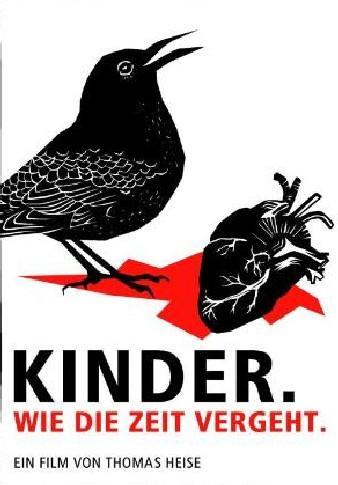Children, as Time Flies

Shot in the former East-Germany, Kinder is a poetic documentary relating a very simple story. A personal story which somehow becomes universal: everyone knows or has heard about families like the one featured in this film. Tommy has a very young mother; there are only 16 years between them. A bus driver, her life is monotonous and not very mother-friendly. Her two smaller children and new partner occupy her time, leaving little space for Tommy. He is over 15 years old, but still hasn’t finished 7th grade, and risks being expelled. The only people he has in his life: his best friend and his girlfriend. The former is a Nazi, brought up in a family where the death of a German pop singer is a tragedy, while they ignore what their son is up to. He denies being racist, while confessing that he just hates the Turks. Kinder is a ‘found story’: when shooting the first takes, the director Thomas Heise couldn’t have predicted how the life of the young mother would develop. Repetition and prediction, in visuals and thereby in narration, are the structuring lines of the movie. Some images get their meaning only later on: it’s a puzzle, and we can only have the full picture by putting all the pieces in their right places. The contemporary classical music, together with black and white pictures, only strengthens the alienation and feeling of sadness. This is a strong movie, whose power is not only based on its cinematography, but rather on its atmosphere and structure. Is there no hope for these people? In the last sequence Tommy builds a snowman with his friends. They leave and the camera stays fixed on the snowman. Childhood is left behind, and the adolescents are moving on to more ’manly’ activities (parties, fighting, etc). It seems that the future is not so promising. Although Kinder, wie die Zeit vergeht doesn’t give ideas on how to help people like Tommy or his friends and family, at least it lets us understand them better. Isn’t that the first step towards reconciliation in our society?